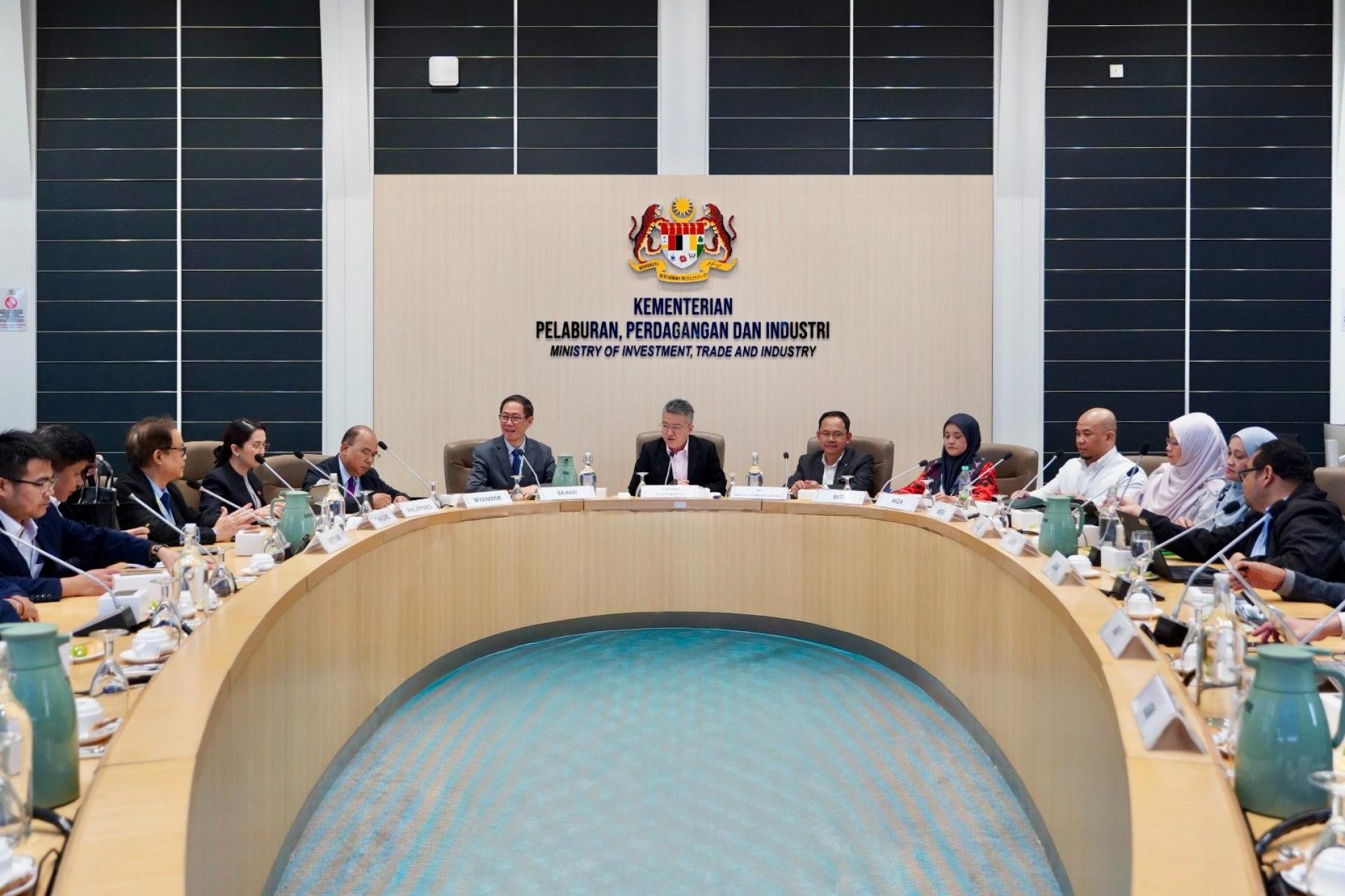At the ASEAN Steel Industry Policymakers Roundtable Meeting, the attending representatives from ASEAN countries unanimously agreed to propose to their respective governments the establishment of the 'ASEAN Steel Council', allowing government officials responsible for steel affairs to discuss common issues in a more structured manner.
During the meeting, representatives expressed hope that when the Philippines assumes the ASEAN rotating chairmanship in 2026, it can host the next ASEAN Steel Policymakers Meeting next year.
This roundtable meeting, which brought together for the first time government officials from Malaysia, Vietnam, Thailand, the Philippines, and Myanmar involved in steel policymaking, was highly significant, and was co-chaired by myself, SEAISI Secretary General Mr. Tan Wee Jin, and Deputy Secretary General of the Ministry of Trade and Industry Mr. Hanapi.
Subsequently, together with SEAISI, I issued a press release stating that although steel industry associations in ASEAN countries exchange information via the ASEAN Iron and Steel Council, there is almost no dialogue on the steel industry between respective governments.
The press release pointed out that while ASEAN trade officials meet regularly, there is very little communication between officials responsible for industry in each country.
"Industrial development is often regarded as a domestic matter, and countries often view their neighbors as competitors for attracting foreign investment. This way of thinking only enables foreign investors to obtain the most favorable conditions and profits, including tax breaks and other incentives, but sacrifices the interests of ordinary people."
The press release stated that the steel industry is vital to industrialized countries. From residences and bridges to automobiles and equipment, steel is ubiquitous. However, the sector is facing survival challenges including global overcapacity, underutilized capacity, Trump tariffs, and the green transition.
Recent earthquakes in Thailand and Myanmar, and frequent earthquakes in Segamat, Malaysia, have made all officials very concerned about how to ensure that only steel of the highest standards is used in high-rise buildings to reduce the threat posed by earthquakes.
Therefore, other topics discussed at the meeting by the representatives included:
● Steel capacity management;
● Decarbonization agenda;
● Trade issues such as dumping and anti-subsidy measures;
● Technology transfer, training, and skills development.
● Steel capacity management;
● Decarbonization agenda;
● Trade issues such as dumping and anti-subsidy measures;
● Technology transfer, training, and skills development.
